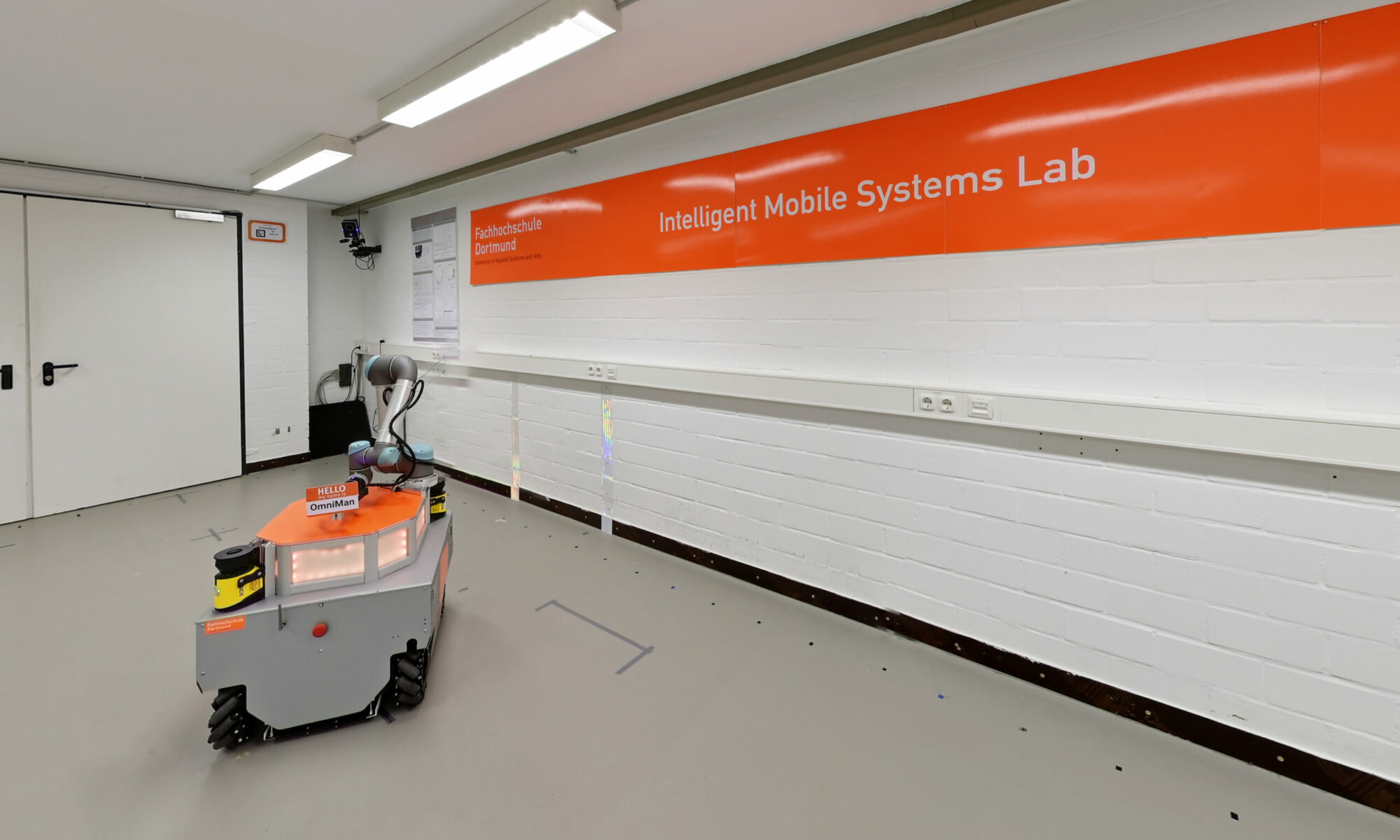About the project
Motivation
Relief forces encounter a variety of challenges in their daily work. Despite training, tactical concepts and protective equipment, thousands of emergency personnel are injured or killed worldwideeach year. With the advancing technical development, it is evident that mobile robot systems will take over tasks to make deployment more efficient and, above all, safer. The requirements for the rescue robot systems are complex and diverse.
Goals and approach
The goal of the establishment of the competence center DRZ is the promotion of the use of robotic systems in civilian terrestrial security in hostile environments. The basis for this are the four guiding scenarios, such as fire, collapse & spillage, detection of hazardous substances and flooding as well as the resulting challenges for rescue robots. For this purpose, a so-called Living Lab will be established, a laboratory with adjoining testing grounds, where scientists, companies and users can jointly research the best possible solutions for supporting rescue robots and test them in realistic test environments.
Innovation and perspective
The implementation of the DRZ will create a national competence center with international appeal. For the first time in Germany, emergency services, researchers and industry will be working on the realization of autonomous rescue robots and the establishment of a national and international robotics task force. In addition, tests and test criteria will be developed to ensure later standardization and certification of different robot systems.
Contributions of Fahhochschule Dortmund – University of Applied Sciences and Arts and IDiAL
Fachhochschule Dortmund participates in the joint project with the Faculty of Mechanical Engineering and with IDiAL. The focus of the research work is the development of new mobile ground robots that can detect and extinguish fires. Dangerous conditions, such as smoke and heat pose particular challenges for the development of mechanics, sensors and navigation methods. Both the mechatronic requirements (machine and vehicle construction) as well as the algorithms and control software modules (IDiAL) for the robot systems are defined and developed, and holistic research is carried out into new methods and concepts. Before the new robot systems will be developed, the requirements within the scope of the modularization concepts for robot platforms and payload modules will be defined jointly with the application partners. Furthermore, the autonomous assistance functions necessary for controlling the mobile robots are developed and implemented in a demonstrator. The sustainable design of academic promotion of young talents and application-oriented training is another working point in the project.


Funded by

Funding program / research program
Research for Civil Security: “Civil Security – Innovation laboratories / competence centers for robotic systems in hostile environments”
Cooperation / project partners
- Stadt Dortmund – Institut für Feuerwehr- und Rettungstechnologie Deutsches Rettungsrobotik-Zentrum e. V., Dortmund
- Minimax Viking Research & Development GmbH, Bad Oldesloe
- Fraunhofer-Institut für Intelligente Analyse- und Informations-systeme (IAIS), Sankt Augustin
- Fraunhofer-Institut für Kommunikation, Informationsverarbeitung und Ergonomie (FKIE), Wachtberg
- Deutsches Forschungszentrum für Künstliche Intelligenz GmbH, Saarbrücken
- Technische Universität Dortmund
- Fachhochschule Dortmund
- Rheinische Friedrich-Wilhelms-Universität Bonn
- Westfälische Hochschule Gelsenkirchen Bocholt Recklinghausen
- Technische Universität Darmstadt
- Universität zu Lübeck
- Vereinigung zur Förderung des Deutschen Brandschutzes e. V. (vfdb), Lippetal
Associated Partners
BAM, BAUA, LKA Berlin, Unifire Schweden, CNBOP Polen and 16 other partners

